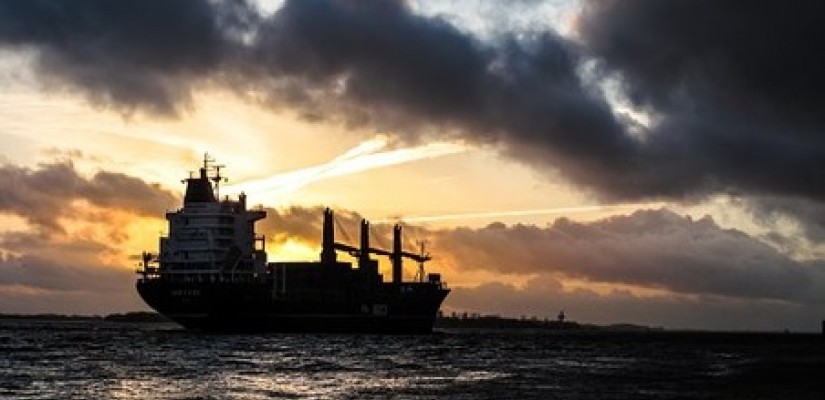Historically, hotspots for ocean-based piracy have centered on areas such as Somalia or the waters around Indonesia, but these locations have become much safer in recent years. The waters around Somalia experienced high levels of piracy over the years 2007-2012, with a peak of 237 incidences in 2011. Thereafter Somalian piracy declined, with only 7 incidences in 2013. Indonesia followed in Somalia’s footsteps, with over 100 instances of piracy in each of the years from 2013 to 2015, after which levels declined. The Gulf of Guinea in northwestern Africa has witnessed high overall levels of piracy for the past decade. In the first half of 2019, the level of piracy in the coastal waters of Nigeria, Guinea, Togo, Benin, and Cameroon dwarfed the level in other regions around the globe. For instance, the International Maritime Bureau (IMB) reported that in that time period, the region included 73% of maritime kidnappings and 92% of all instances of hostages taken. Since the lapse in oil prices in 2015, the methods of local pirate groups have changed. They have most often opted to kidnap ship crews for ransom instead of stealing ship cargo for sale on the black market. While developments in the second quarter of 2019 show that piracy on ocean-based shipping in the Gulf of Guinea may be decreasing, the overall level of piracy there still poses a comparatively high threat to local actors. While local and foreign governments have taken steps to eliminate the problem, various hurdles still remain, and the Gulf of Guinea may still harbor the threat of piracy for years to come.
Piracy has flourished near the Niger river delta mainly due to high unemployment rates and lawlessness given that the region is far from the country’s inland capital, Abuja. Most of the piracy incidents have centered on a limited area around the delta that is approximately 150 square nautical miles. This leads to a collective action problem in the region. Neighboring countries believe that the burden to control piracy should mainly fall on Nigeria, as most of the incidents occur off its shores.

Piracy in the Niger delta adds risk to a region that acts as a corridor for international shipping. Trade links countries in the region to others in Europe and beyond. Additionally, African trade relies more heavily on maritime shipping than other regions. African nations contribute to 2.7% of global trade but contribute 7% of maritime exports and 5% of maritime imports. Fossil fuels dominate Nigeria’s exports, and piracy acts as a significant risk to related industries.
Both the Nigerian government itself and other countries have stepped up their anti-piracy operations in recent years. In 2013, Nigeria and 25 other countries in the region signed the Yaoundé Code of Conduct, which aimed to limit piracy in the area through cooperation, such as information sharing. As of July 2019, the countries of the region are still discussing the possibility of joint patrols. The Nigerian Navy has increased efforts to dispatch patrol boats supporting ships that have reported piracy. Some affirm that this has led to the decrease in instances of piracy in the first quarter of 2019 compared to the first quarter of the previous year. Increased cooperation between countries has started to improve to some degree. Signatories of the Yaoundé Code of Conduct have information-sharing capabilities and have raised the possibility of joint patrols. The EU, which has strong trade ties to the region, has helped set up and finance programs to facilitate information sharing in the region in tandem with the Yaoundé Code of Conduct. To this end, the EU and local actors established the Gulf of Guinea Inter-Regional Network in 2016. Increased cooperation on surveillance, patrolling, and data accumulation between all relevant actors would significantly improve outcomes.
Thus, efforts at cooperation to eliminate piracy face barriers to collective action, however, results from the second quarter of 2019 may signify a lasting trend towards lower piracy rates. Complete elimination of the piracy threat would lower potential risks and associated costs for a variety of actors in the region. Looking ahead, some predict that other areas around the globe, such as Venezuela, may see substantially increased rates of piracy in the near future due to unstable domestic conditions.

